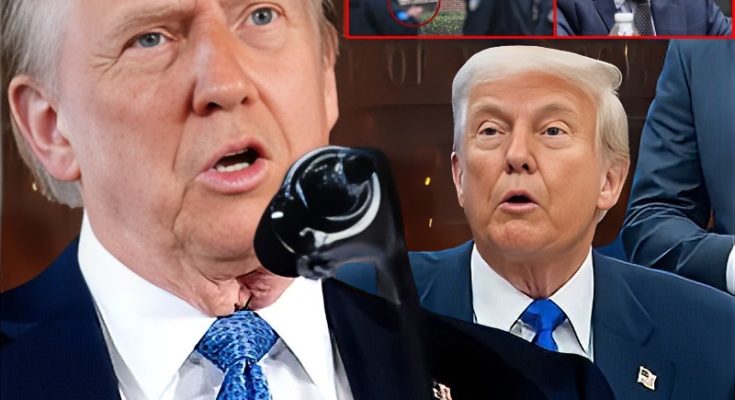
In a decisive move stirring debate across the scientific community, former President Donald Trump has enacted a full suspension of federal funding for gain-of-function (GoF) research deemed “high-risk” due to potential biosecurity threats. This type of research, which involves modifying viruses or pathogens to better understand how they evolve, has long sparked controversy over its dual-use nature—offering both potential for pandemic preparedness and risk of accidental release.
The decision, announced through a formal policy directive during Trump’s tenure, specifically targets studies involving enhancement of transmissibility or virulence in pathogens like influenza, SARS, and MERS. The White House cited growing concerns among national security experts and health officials that GoF experiments, while scientifically valuable, could pose catastrophic dangers if not tightly regulated.
According to the directive, federal funding will be paused for projects that cannot demonstrate compelling public health benefit, stringent safety protocols, and fail-safe containment measures. Independent review boards will be required to reassess existing projects before any future approval.
Supporters of the suspension argue it’s a necessary precaution in the wake of global scrutiny over lab safety and pathogen research. “The line between preparedness and peril is razor-thin,” a senior Trump advisor said. “We must not fund science that could backfire on humanity.”
Critics, however, warn that halting such research may delay breakthroughs in vaccine development and hinder our ability to preempt future pandemics. Leading virologists urge a more nuanced, case-by-case regulatory approach rather than a blanket freeze.
The decision underscores the enduring tension between scientific freedom and global biosecurity—a debate intensified by the COVID-19 pandemic. As global leaders reexamine the risks of high-level pathogen research, the Trump-era policy may set a precedent for future administrations.

